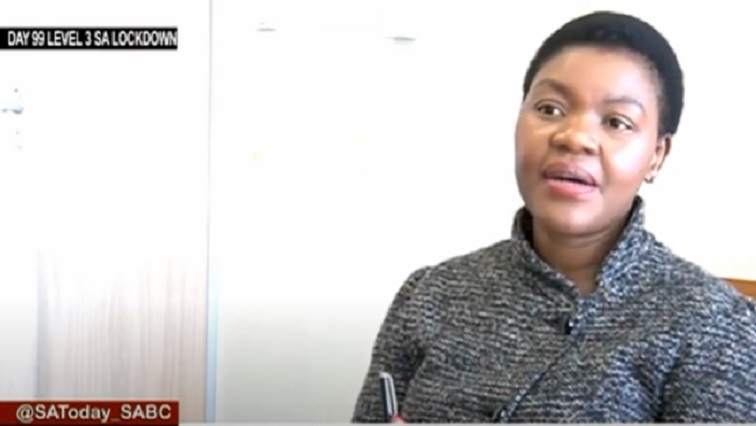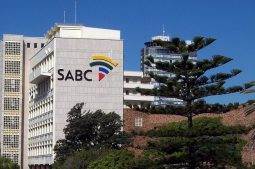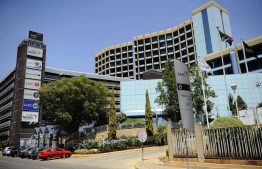The South African National Editors’ Forum (SANEF) has welcomed the launch of the South African Broadcasting Corporation (SABC)’s editorial policies, especially clarification that editorial decision making now rests with the Head of News, as this helps limit outside influence at the public broadcaster.
The forum says it is happy that the post is now officially designated as Editor-in-Chief.
SANEF says it notes the rationale behind the amendments being to strengthen editorial controls and accountability.
The public broadcaster on Friday says editorial interference is a thing of the past at the SABC with the launch of its revised Editorial Policies.
The review was commissioned in 2017 after widespread allegations of editorial interference under former Chief Operations Officer, Hlaudi Motsoeneng.
New Editor-in-Chief
In the new Editorial Policy, the Group Executive of News and Current Affairs is the Editor-In-Chief. Previously the Chief Executive Officer also held this responsibility.
SABC board member, Mary Papaya, says this made upward referral cumbersome, compromising the integrity and sanctity of the editorial process and making it vulnerable to corruption.
“This consistent with the outputs we received from the submissions made in the process of formulating these policies, in essence, the new arrangement is part of a well-considered effort to strengthen editorial control in the newsroom and ensure that journalists take full accountability of all editorial and programming decisions and to do so without hindrance.”
The SABC’s new Editor-in-Chief, Phathiswa Magopeni, meanwhile has called the current SABC funding model a danger to credible public service journalism.
One of the contentious issues at this time is the public broadcaster’s funding model which relies heavily on advertising, while still forcing the SABC to fulfill its public service mandate.
Magopeni says funding plays a role in the provision of credible news. “When the delivery of public mandate content gets determined by market factors due to lack of political and social will to fund it, it puts transparency and accountability required for a resilient and vibrant democracy at great risk. It diminishes the ability to deliver fully on the mandate and reduces the capacity to tell the South African story in its completeness. The consequences of this are dire for those in the fringes of society.”
SABC’s new Editor-in-Chief, Phathiswa Magopeni explains:
The launch comes at a time when SABC employees are facing possible retrenchments, affecting 1 800 permanent staff and freelancers.
After 31 countrywide workshops and the receipt of 250 submissions, the SABC says it has put together Editorial Policies that will protect its editorial integrity, including in programming and other offerings.
‘Systems to strengthen editorial accountability’
SABC Chief Executive Officer, Madoda Mxakwe, says the newly launched Editorial Policies aim to protect editorial processes and journalists at the public broadcaster.
The policy launch follows a three-year consultation process to review policies in the organisation following allegations of editorial and commercial interference.
Mxakwe says the new policies will position the SABC as a premier source of news. “Ethical drifts in editorial decision making and journalistic practices, as well as the abandonment of purpose existence in the public broadcaster can be catastrophic for the organisation. This can erode public trust and diminish its relevance. We cannot afford another experience of such, we have therefore put in place systems to strengthen editorial accountability of public news service and have placed editorial authority where it belongs, in the SABC newsroom.”
The policies will now be submitted to the Independent Communications Authority of South Africa as the final stage of the process.






